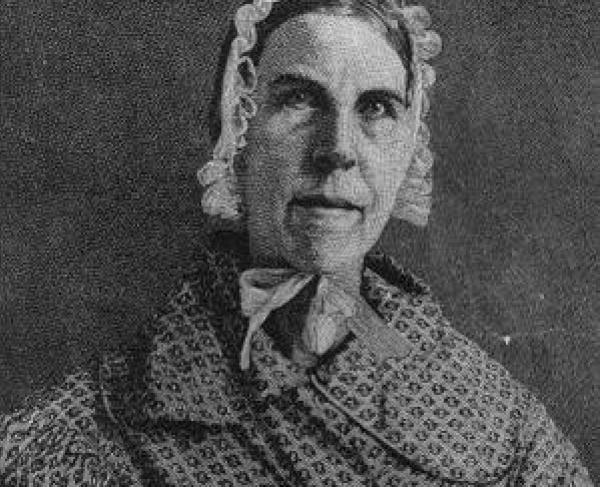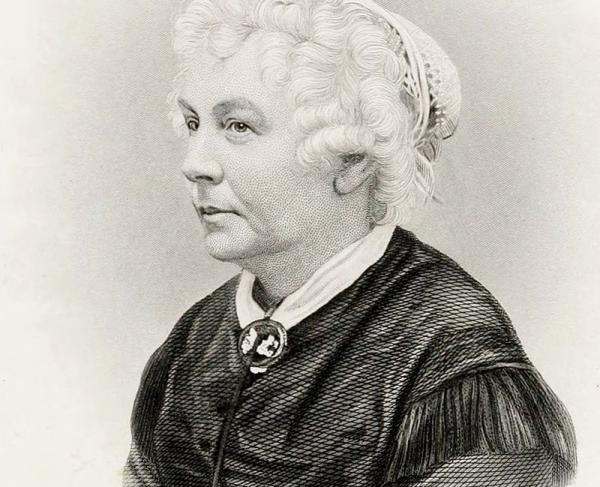Sarah Moore Grimké

Sarah Moore Grimké was born in Charleston, South Carolina on November 26, 1792. Born in a wealthy family, Grimke was the sixth of fourteen children. Her father John F. Grimké was a well-known individual in Charleston; he held the speaker position in the South Carolina House of Representatives and was a judge for the state’s Supreme Court. Growing up on a plantation, she was educated by private tutors, where she learned subjects like painting, sewing, cross stitching, and music while her brothers went to college and received a classical education. Although educated at home, she was given access to her father’s library, where she learned science, history, and mathematics. Seen as a bright young girl, Sarah wanted to teach others how to read and write. At the age of twelve, Sarah read the bible and tried to teach Sunday school for the enslaved on her father's plantation. Forbade by her parents, Sarah continued to teach the enslaved how to read despite it being illegal in South Carolina. As she grew older, her views grew distant from her family. Often, she participated in debates about enlightenment, religion, ethics, and morals with her brother Thomas Grimké, a Yale graduate. At age twenty-nine, Grimké moved to Philadelphia, where she converted to a Quaker and became an advocate for abolition and women’s rights, despite her family’s views.
A few years later, Grimké returned to Charleston to get her sister, who shared many of her abolitionist and feminist views. The pair toured New England and spoke at many public events, discussing the evils of slavery and the suppression of women. Sarah and her sister joined the American Anti-Slavery Society, where she gave speeches to men and women, which gained some controversy. In 1837, Sarah famously published, The Letters on Equality of the Sexes and the Condition of Women. The letters were published in the newspapers and addressed many themes in the fight for women's rights, including class structure, religion, education, and equality. During the Civil War, Grimké vocally supported President Abraham Lincoln and the Emancipation Proclamation. After the war, the sisters continued to fight for equal rights and worked to raise money to support their late brother’s mixed-race nephews. Even after Sarah Grimké retired from public speaking, she continued to receive speaking invitations until her death. Sarah Grimké died at 81 on December 23, 1873, in Massachusetts. Her work on women’s rights paved the way for women's suffrage and inspired women, including Susan B. Anthony, Elizabeth Cady Staton, and Supreme Court Justice Ruth Bader Ginsburg.


